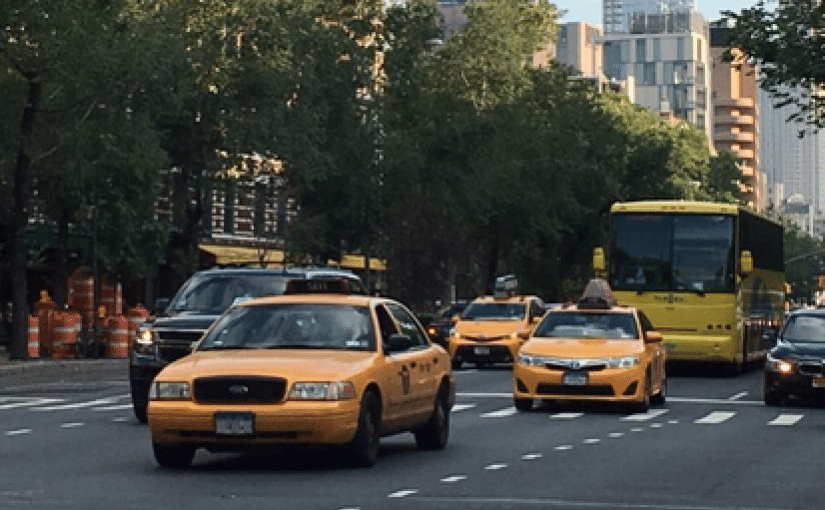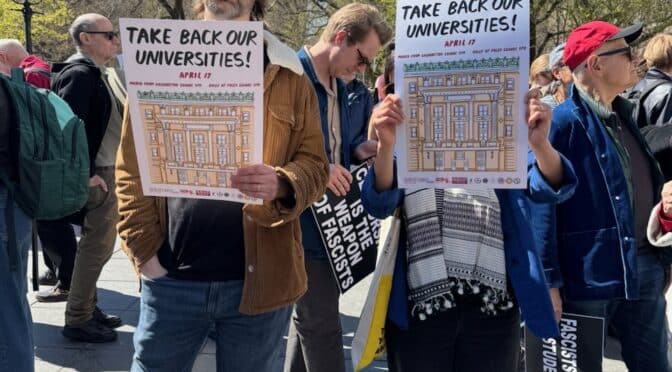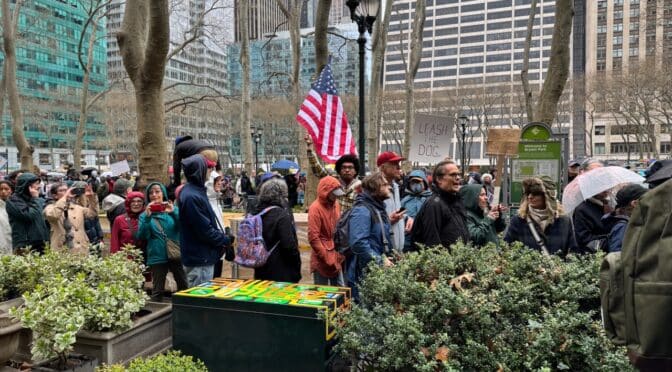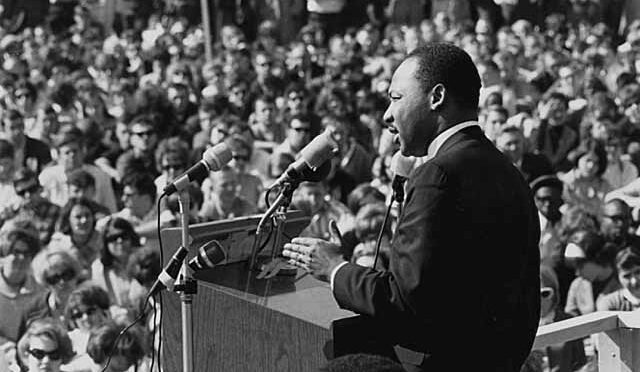“I’ve been in this country for sixteen years and people still call me an immigrant,” the cabbie said with a shake of his head and a soft smile.
News about Britain’s vote to leave the E.U. wound Ibrahim up. The radio softly hummed the discussion on the Brian Leherer Show, on WNYC, about why the Brits made the choice and what happens next and it made him talkative, almost eager to reach out.
“Nobody likes immigrants, here or in the U.K. or Europe,” he said without bitterness.
So what do you say to that? New York may be a city of immigrants, but the ugly mood in the country and the world makes it hard to refute the perception that try as you might to belong, you can’t shake “foreignness.” Outsider status will cling to you forever.
What can you say to him or any of the millions of immigrants in the U.S. who work hard, pay taxes, try to raise their families with optimism and yet face a barrage of anti-immigrant sentiment.
Sure we can recall our own immigrant roots. We can tell the stories of earlier discrimination against the Irish, Italians, Eastern Europeans, Jews, Latinos and anyone else who appeared different and spoke with an accent. We can share history, and our personal anecdotes. But it all seems hollow in the face of the current tide of anger against immigrants.
The U.S. Supreme Court’s failure to support President Obama’s executive order that would have granted citizenship to four million immigrants, combined with the British vote, makes it hard to look on the sunny side. Those of us who want to embrace progress and change and generally feel optimistic about the future feel unnerved by the verbal stones thrown at immigrants here and abroad.
Even President Obama seemed dispirited at his brief news conference after the Supreme Court announcement. Although he did point out that Americans usually come around to the right way of thinking.
We can only hope that happens sooner than later. In the meantime, people like Ibrahim worry.
As a teenager in Guinea, in West Africa, he wanted more than the poverty that surrounded him. He applied for a U.S. visa lottery program and won. It allowed him to enter the U.S. legally and eventually gain citizenship. When he talked about his dream and reasons for coming to the U.S., I heard the echo of my grandparents’ dreams and those of millions of others.
“I came here for education, the chance to make money and opportunity. But I have three things against me. I’m an immigrant. My color is against me and I’m a Muslim. Maybe for my kids it will be different,” he said.
And yet he worries about his children’s place in the universe. His nine-yearold son and seven-year-old daughter were born in the Bronx. On a recent visit to Guinea, his son both shocked and pleased him when he kept asking, “When are we going on home?”
“My kids do great here,” Ibrahim said. “But if something bad happens, I can always go back even though I don’t want to. They can not. This is their home.”
Ibrahim did not want us to take a photo or video.




